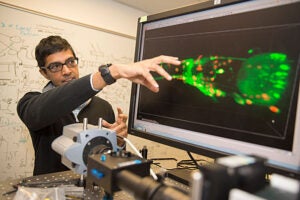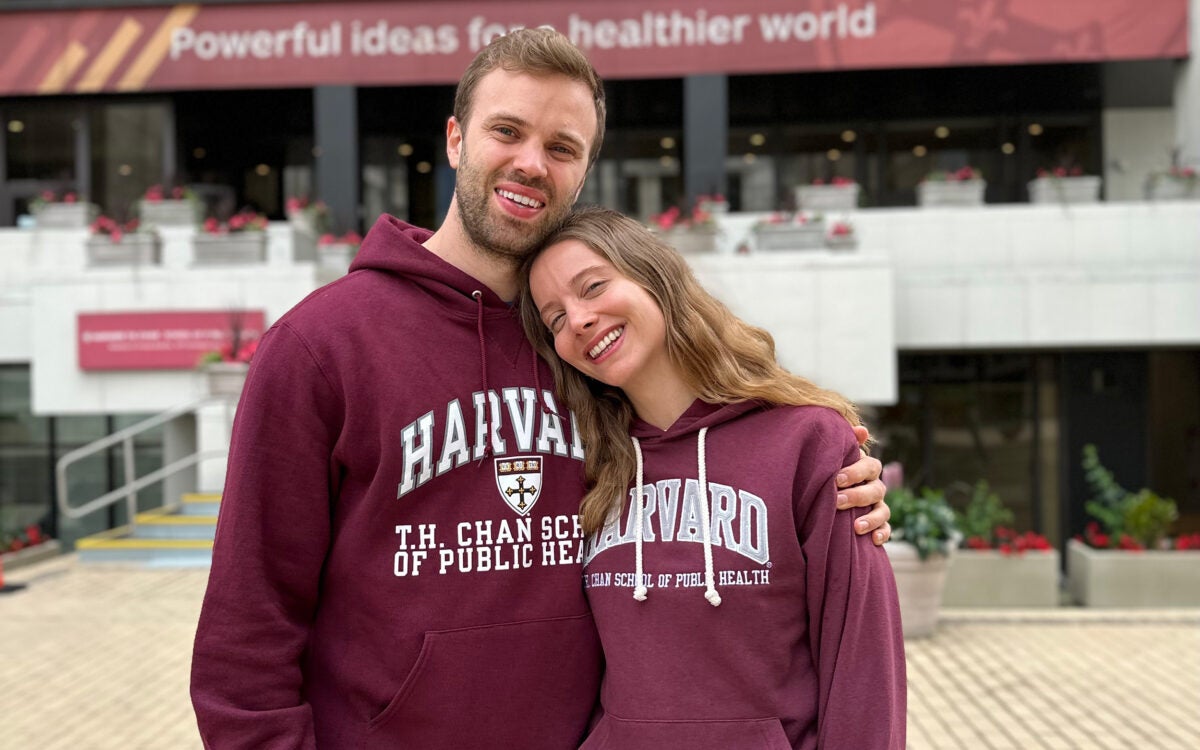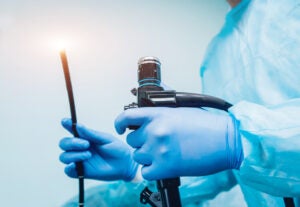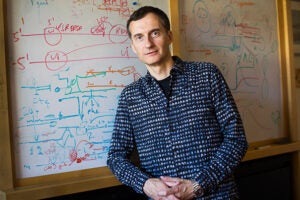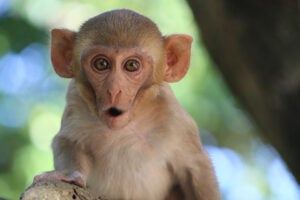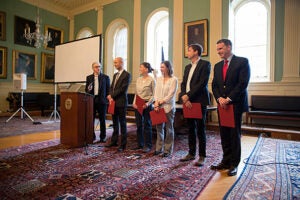Tag: Harvard
-
Science & Tech
Testing the test questions
A group of researchers at the Harvard-Smithsonian Center for Astrophysics (CfA) has found a way for schools, professors, textbook publishers, and educational researchers to check the quality of their test questions that turns out to be both fast and cheap. It invokes the power of crowdsourcing.
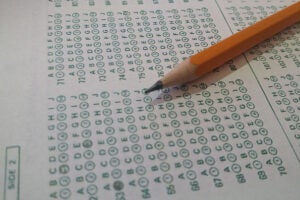
-
Health
How the brain develops
In an effort to get a clearer picture of how the brain and the connections between its regions change throughout development, Harvard scientists and researchers from three other universities will share a $14 million grant to support one of the most comprehensive brain-imaging studies ever undertaken.
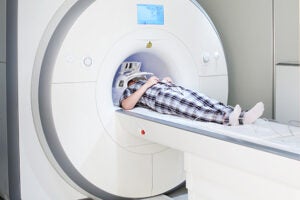
-
Science & Tech
New way to model molecules
Scientists from Harvard and Google have demonstrated for the first time that a quantum computer could be used to model the electron interactions in a complex molecule.
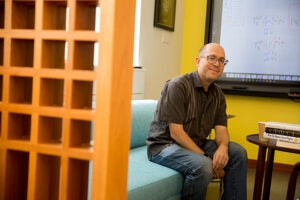
-
Health
Similar designs, 100 million years apart
A study found that both Rusingoryx atopocranion, a relative of the wildebeest, and hadrosaur dinosaurs evolved large bony domes on their foreheads, which were likely used as resonating chambers to warn of predators and communicate with others.

-
Science & Tech
Minding the details of mind wandering
A new study sheds light on important differences between intentional and unintentional mind wandering.
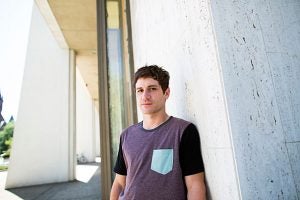
-
Health
The parrot knows shapes
Despite a visual system vastly different from that of humans, tests showed the bird could successfully identify both Kanizsa figures and occluded shapes. The findings suggest that birds may process visual information in a way that is similar to humans.
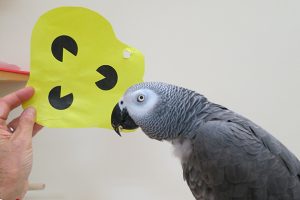
-
Health
Auditory cortex nearly identical in hearing and deaf people
The neural architecture in the auditory cortex — the part of the brain that processes sound — of profoundly deaf and hearing people is virtually identical, a new study has found. The study could point the way toward potential new avenues for treating deafness.
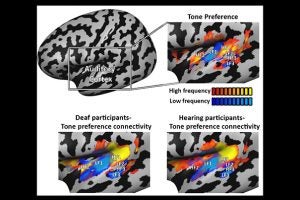
-
Campus & Community
Food for thought
Harvard’s varied dining halls attract undergraduates because of their intriguing spaces and moods, as well as their meals.
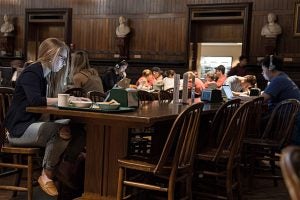
-
Health
Clues to camouflage
Chromatic aberration may explain how cephalopods can demonstrate such remarkable camouflage abilities despite being able to see only in black and white.
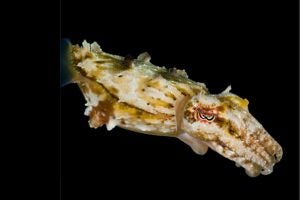
-
Science & Tech
More time free from disability
Harvard researchers are among the co-authors of a new study saying that the increase in life expectancy in the past two decades has been accompanied by an even greater increase in years free of disability, thanks in large measure to improvements in cardiovascular health and declines in vision problems.
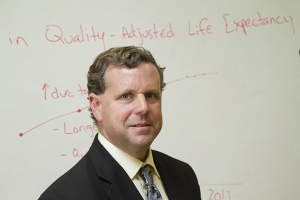
-
Campus & Community
The Harvard that was
Alumni from the 1950s to 2000s share their memories of Harvard and historical events that marked their time in Cambridge.
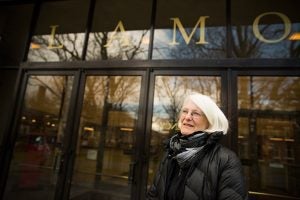
-
Campus & Community
Tradition rings in the 365th Commencement
In celebration of the city of Cambridge and of the country’s oldest university, a number of neighboring churches and institutions ring their bells at the conclusion of Harvard’s 365th Commencement Exercises, for the 28th consecutive year.
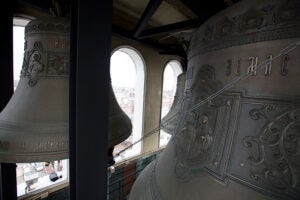
-
Campus & Community
Storied Irving Street paves way to history
Cambridge’s Irving Street has been the inspirational home to, among others, a famed psychologist, poet, chef, historian, chemist, and physicist.

-
Campus & Community
Five named Harvard College Professors
Five faculty members have been selected as Harvard College Professors, five-year appointments that provide them with extra support for research or scholarly activities, a semester of paid leave, or summer salary.
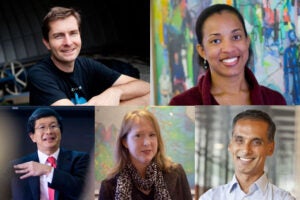
-
Science & Tech
For groups in conflict, genes matter
Visiting professor Sasha Kimel examined whether information about genetic links can influence groups in conflict.
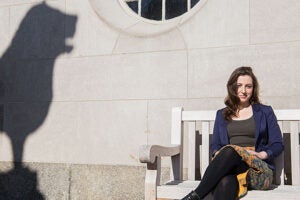
-
Health
New weapons against agricultural pests
Using phage-assisted continuous evolution (PACE) technology developed by Harvard professor David Liu and his co-workers, a team of researchers has evolved new forms of a natural insecticidal protein called “Bt toxin,” which can be used to help control Bt toxin resistance in insects.

-
Health
New view of germ cells
Cassandra Extavour is the author of a new study that points to a different mechanism as an ancestral process for specifying germ cells.
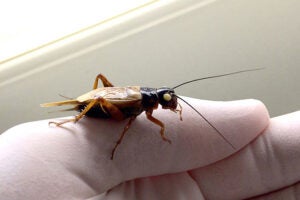
-
Health
For life expectancy, money matters
A new study published in the Journal of the American Medical Association shows that income is closely correlated with life expectancy, with the richest Americans living as much as 15 years longer than the poorest — and even the poor living longer in wealthy areas.

-
Science & Tech
Warmer weather, finer wines
By examining more than 500 years of harvest records, researchers found that wine grape harvests across France, on average, now occur two weeks earlier than in the past, largely due to climate change. While earlier harvests are normally associated with higher quality wines, researchers caution the trend likely won’t last.
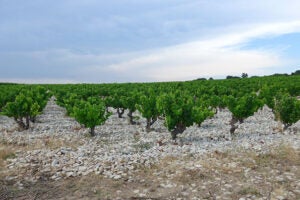
-
Health
Collaboration to develop cancer therapeutics
The Blavatnik Biomedical Accelerator will collaborate with Merck to develop small-molecule therapy for the most common form of acute leukemia.
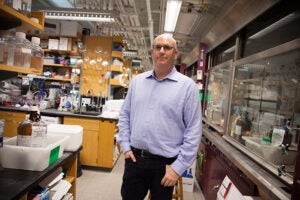
-
Campus & Community
Hearty welcomes with a touch of rivalry
Every House is best: The Class of 2019 learns their housing fate.

-
Science & Tech
Study that undercut psych research got it wrong
A study last year claiming that more than half of all psychology studies cannot be replicated turns out to be wrong. Harvard researchers have discovered that the study contains several statistical and methodological mistakes, and that when these are corrected, the study actually shows that the replication rate in psychology is quite high.
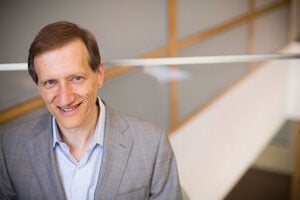
-
Science & Tech
The shifts from climate change
Grasslands across North America will face higher summer temperatures and widespread drought by the end of the century, a study says, but those negative effects should be offset by an earlier start to the spring growing season and warmer winter.
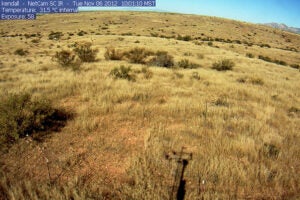
-
Campus & Community
Harvard joins in filing NLRB brief
Harvard joins other private universities in legal brief asking NLRB to keep prior ruling avoiding graduate student unions.
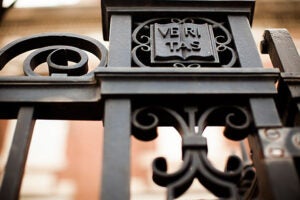
-
Campus & Community
Kleckner receives Thomas Hunt Morgan Medal
Nancy Kleckner, the Herchel Smith Professor of Molecular Biology, has been awarded the Thomas Hunt Morgan Medal by the Genetics Society of America in recognition of her many significant contributions to our understanding of chromosomes and the mechanisms of inheritance.
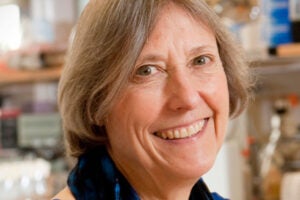
-
Arts & Culture
Field notes gathered by ear
Grammy-nominated saxophonist Yosvany Terry is bringing the music of his native Cuba to campus as a senior lecturer and leader of the Harvard Jazz Ensembles.
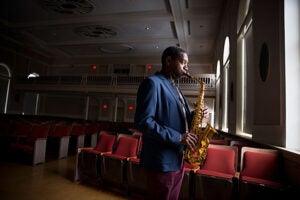
-
Health
Watching sensory information translate into behavior
A state-of-the-art microscope built by Harvard researchers will allow scientists to capture 3-D images of all the neural activity in the brains of tiny, transparent C. elegans worms as they crawl.
